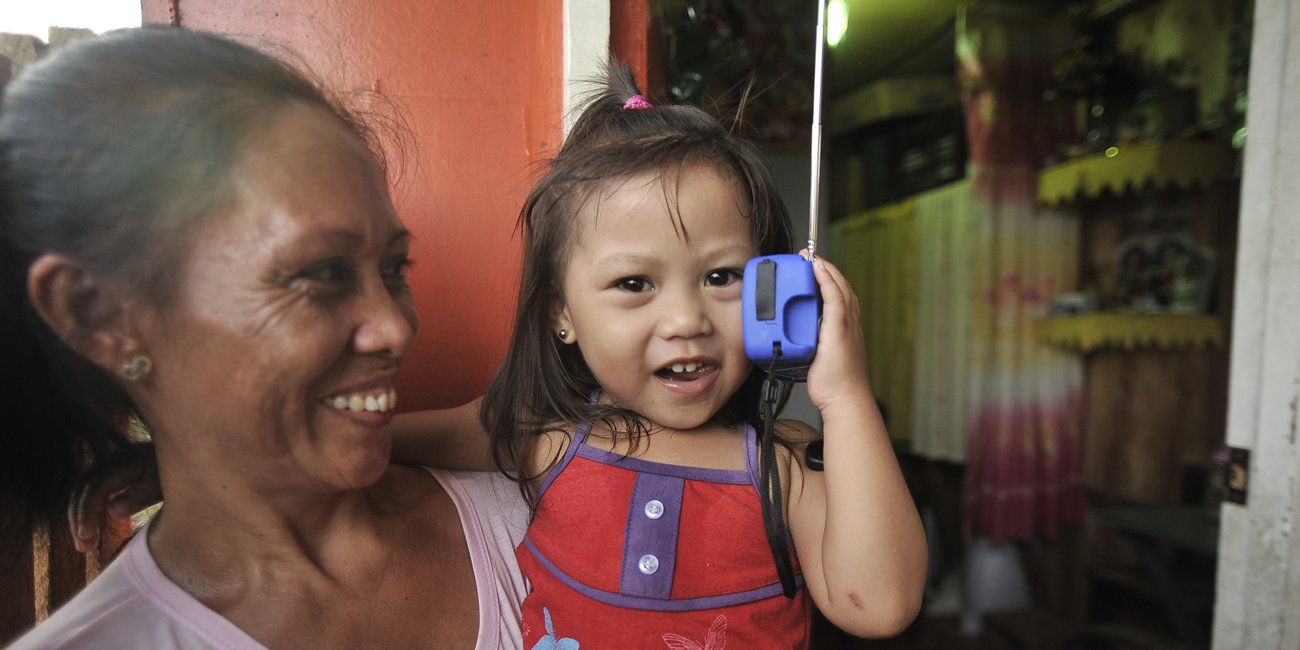Policy brief / advisory note, Report
The ISC’s newly published policy brief provides a crucial set of key messages for policy-makers based on the synergies between the major global agreements of the Sendai Framework on Disaster Risk Reduction, the Paris Agreement and the 2030 Agenda with specific reference to systemic and cascading risks.
This focus is because of the extreme widespread and long-lasting potential impacts of such events, which could have long-lasting negative effects on the livelihoods and well-being of people, economies and countries, undermining development and the achievement of the Sustainable Development Goals.

The global trend of increasingly frequent and severe emergencies and disasters is fuelled by demographic change and urbanization patterns, the impact of climate change, increasing exposure and vulnerabilities to hazards, and the increasing global interdependencies of our systems.
There is a recognition that in an increasingly interdependent world, hazards and risks are often woven through communities, societies and economies in complex ways leading to systemic and cascading risks.
Hazards, risks and the disasters that result are partly a result of development failings, while also undermining development, exacerbating inequalities and sidelining attempts to improve people’s lives.
Since 2015 the landmark UN agreements, the Sendai Framework, the Paris Agreement and the Sustainable Development Goals, have set the agenda for reducing risks associated with all hazards and unsafe conditions. The central core of these agreements is the idea of sustainable and equitable economic, social, and environmental development. Importantly, strong linkages across the agreements will help identify and reduce systemic risks, and promote sustainable development.
Authors: John Handmer; Anne-Sophie Stevance, Lauren Rickards, and Johanna Nalau.
Reviewers: Barbara Carby, Allan Lavell, Shuaib Lwasa, Virginia Murray and Markus Reichstein.
Photo: © IOM 2014 (Photo by Alan Motus)